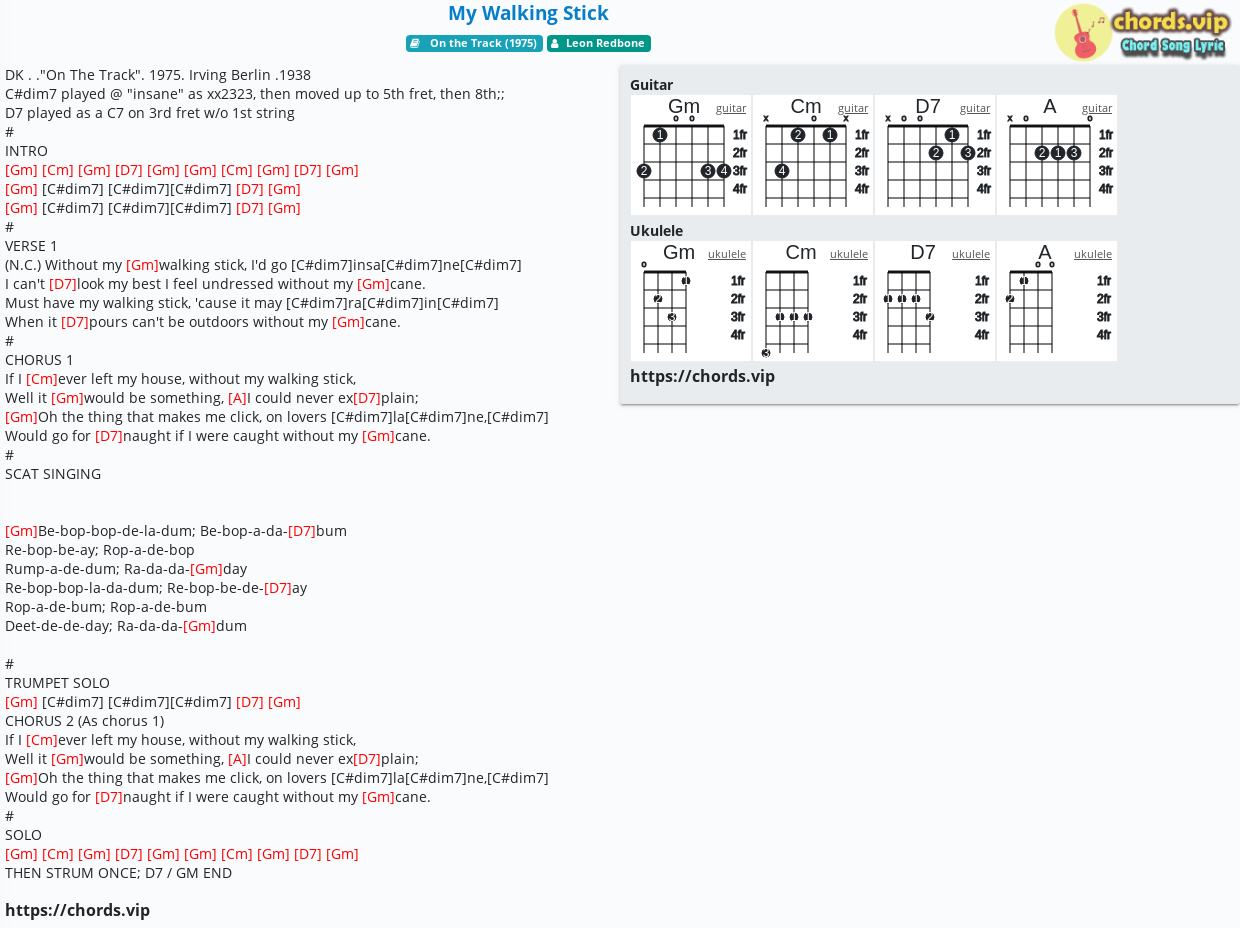

The Romantics were also the first to consider madness to be a symptom of genius-and you can see this start with Beethoven, who was so legendarily irascible and antisocial.īeethoven was also celebrated because he was deaf-and thus perceived as being shut off from the world so he could receive divine inspiration without interference. The German Romantics adopted him as their example of a genius with more privileged access to the sublime and to ideas beyond conventional human understanding. Guerrieri said that this idea-of an artist or genius being apart from everyone else-is a Romantic one that in fact started with Beethoven.

On top of all this, Beethoven had these skills at a young age, which set him apart from his contemporaries.īut he also had another form of brilliance: “the genius of making a career out of it.” Beethoven, said Guerrieri, “very consciously manipulated and leveraged his fame, which at the time was an unusual thing.” We take it for granted because we live in a celebrity-driven culture, but in Beethoven’s day, lasting celebrity-particularly for a composer-was something new.īeethoven, like a lot of geniuses, was something of an outsider, said Frank-it’s a thread that seems to run through the stories of brilliant people. But it’s also about a “daisy chain of connections,” from physical talent with the instrument to translating that talent onto a page of written instructions to mastering that talent and taking it somewhere new. Guerrieri said that it’s a combination of traits, the first being the almost athletic genius of playing the piano: “It’s muscles, it’s using your body, and it’s making your body do something on command,” he said. It was shocking in Beethoven’s day, said Guerrieri, for its abruptness, for being “nakedly aggressive,” and for being “such a direct piece of music.”īut beyond shock value, asked Frank, what is it that makes Beethoven a genius? Guerrieri explained that when Beethoven wrote the piece, there was a tradition of symphonies beginning with “slow, grand statements.” Beethoven, instead, starts the Fifth with a fast tempo, only to pull the rug out from underneath listeners’ feet by stopping immediately-then stopping and starting and stopping again before the piece starts up in earnest. So what, besides their familiarity and difficulty, makes these notes so special-what makes them genius? But that has other hazards: “It’s the sort of thing that other conductors will regard you as less of a conductor for doing,” he said “It’s become this odd sort of contest to see who can do the most grand gesture.” Guerrieri explained that the easiest thing for a conductor to do in order to ensure a harmonious opening is to give the orchestra a beat before the rest. When Frank prodded Guerrieri to conduct the audience in singing those infamous first four notes in unison, again just about half of the group was successful. About half of the audience correctly identified it as 2/4.

Frank opened his conversation with Guerrieri by asking the crowd at the Heard Museum in Phoenix, at an event co-presented by the Arizona State University Center for Science and the Imagination, to guess the correct time signature of the piece.

They may be the most easily recognizable four notes of music ever composed, but the opening of Beethoven’s Fifth Symphony confounds orchestras and conductors with its very notation: a rest that Boston Globe music critic Matthew Guerrieri, author of The First Four Notes: Beethoven’s Fifth and the Human Imagination, called “a little slice of nothing.”


 0 kommentar(er)
0 kommentar(er)
